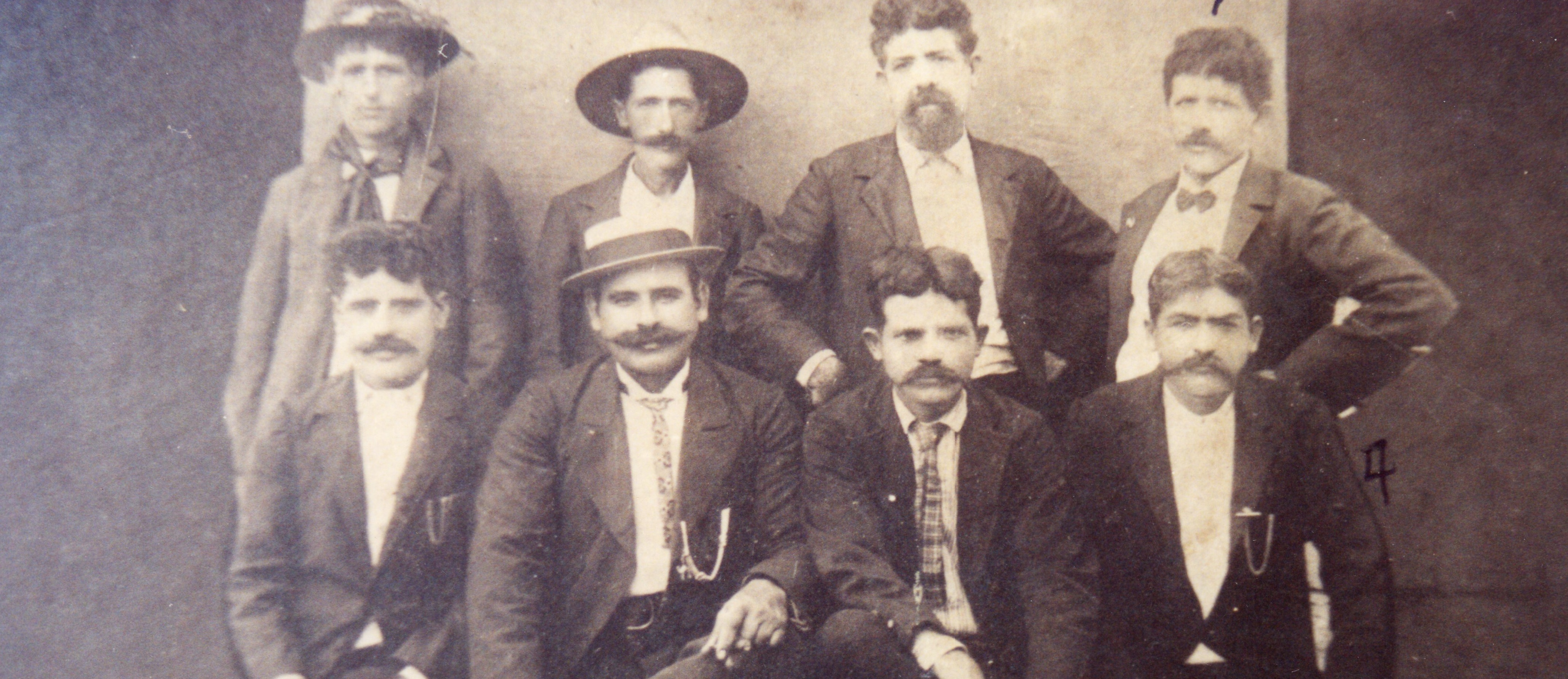Searching the census can give your a migrain. Every time I work in the census I am reminded just how easily names get mixed up. Hawaii carries it’s own challenges because of a multi-ethnic society where people may not be familiar with each other’s naming practices and spellings. But, when I worked with my cousin on her Fall River roots, I realized this is not a problem unique to Hawaii.
Enumerators are not always Familiar with the Names They Enumerate
Let’s look at enumerators first. These individuals were set down in communities to record information from a variety of people. Many times there were language barriers. They knew enough to ask the questions. but they were not familiar with the names they were hearing.
Your ancestor may have had an accent. He or she might not have known how to spell their name anyway. The enumerator wrote what they heard. Often times that was way off base.
Names are important to genealogists. Not so much to the census which is a statistical document. So, if the enumerator messes up, it’s not a big deal to the Census Bureau.
Indexers and Transcribers may be Clueless, Too
Those who transcribe records and help create indexes make more problems. They try to interpret what the census enumerator wrote. They also may be completely unfamiliar with the names of the ethnicity they are transcribing. They try to read them as best they can.
We’ve all seen the census. This can be much like reading hieroglyphics. Between the enumerators and the indexers, it may be impossible to locate your ancestor.
Finding the Portuguese in Fall River
That was my problem with my Fall River cousins. I was trying to find the de Mello Castanho’s and the Pacheco Remigio’s. I had one heck of time locating them in the census even though I knew where they lived.
In the de Mello Castanho case, the enumerator and indexers mangled the names. Manuel Castanho was indexed as Manal Castanio. Engracia de Mello Castanho was enumerated as Ingarcia Castanho. Her sister-in-law, Engracia Moniz Thomas, was enumerated as Engroco Moniz. Her sister, Ermelinda, was enumerated as Emily.
The Pacheco Remigio’s were equally challenging. I found them first in 1910 under Remiza. In 1920, they were listed under Romiza. I’ve been told that the Portuguese enunciation of Remigio is different than the Italian. Instead of “Ruh-me-gee-o” it’s “Re-mi-zoo”. Knowing this explains why the surname is spelled completely different than what the spelling really was.
It Takes Your Thinking Cap to Find Some Names
In both cases I found the families with extra work. First, if I had a unique first name, I searched by first name only. When you know exactly where you are looking, this is a helpful tool. In a couple of cases I was able to find the family this way.
Second, I used the wildcard searches. If you are using ancestry.com, you can use two wildcards to help you with bad spellings. The * replaces everything from that point on. The % replaces one character. I found Manual Castanho indexed by Manal Castanio by searching for Man* Casta*. I might have gone through alot of names, but I did find the one I wanted.
If the wild cards fail, there is only one other route to go. You have to search the census page by page. For the people I couldn’t find, I knew where they lived. I figured out which census district the streets I needed would be found under, and then, went page by page.
I found the Castanho’s and Remigio’s in the 1910 census this way. I would have never found the Remigio’s any other way. Remiza was not one of the alternative spellings I tried and I don’t think it would have crossed my mind.
Be Creative With Your Searches
If you have trouble finding your ancestors in the census, don’t assume they weren’t recorded. And, don’t assume they aren’t in the index. You may have to do it the hard way. Unless you go page by page through a city, you will never know if they were enumerated under the wrong name or if the indexer read the writing completely wrong.
Note: There is one thing you should know about the indexes at ancestry.com. Indexers are allowed to substitute “?” for letters they cannot read. This makes it impossible to find a person because you would have to know in advance what letters a ? was substituted for.
copyright 2006-2021 Melody Lassalle – All Rights Reserved






